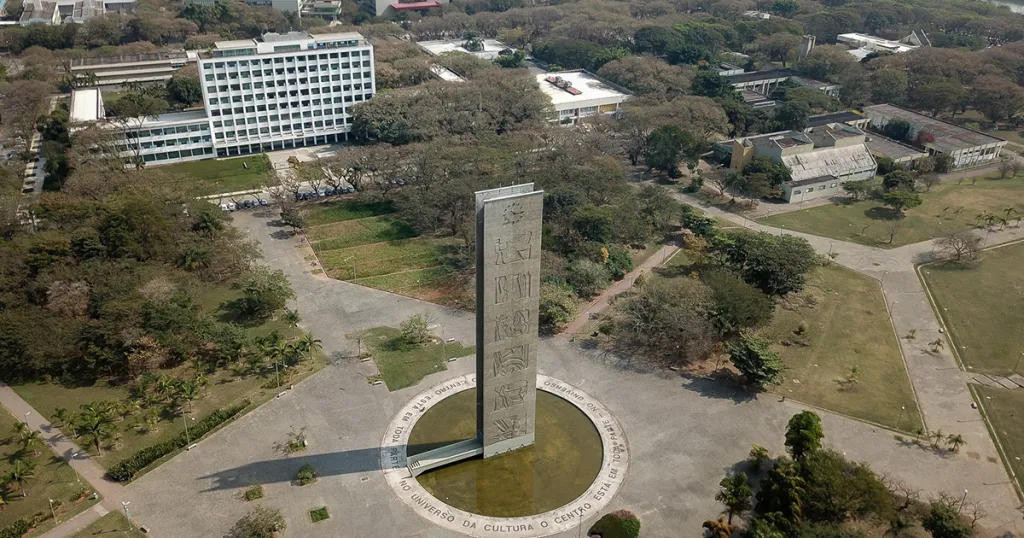The USP Summer School is led by the Department of Political Science at the University of São Paulo.
Our goal is to train current and future scholars in cutting-edge social science methods.
Founded in 2010, the IPSA USP Summer School in Concepts, Methods and Techniques in Political Science, Public Policy and International Relations seeks to provide scholars of the social sciences with access to high-quality, cutting edge, advanced training in qualitative and quantitative social science methods. The School was the first of a global network of methods schools to be established by IPSA in the Global South. From 2010 to 2017, the School was also jointly organized with the Institute for International Relations (IRI).
Now in its 15th year, the IPSA USP Summer School has become a global point of reference synonymous with excellence and rigorous training in methods.
We believe in methodological pluralism, encouraging the use of the latest qualitative, quantitative and mixed-methods. Our courses are designed to provide opportunities to apply new skills and not just to read about them. A poster session for participants allows for the sharing of ideas and feedback.
The institutional sponsors of the School at USP include various centres of research including the Faculty of Philosophy, Literature and Human Sciences Faculty (FFLCH), the Center for Metropolitan Studies (CEM), and the Nucleus for Comparative and International Studies (NECI)
The IPSA USP Summer School schedule is partitioned into week-long courses. The curriculum includes special information sessions that provide practical training on building your career and seminars that provide participants with opportunities to discuss the latest research.
Participants to the Summer School are typically doctoral students, post-doctoral students, or research-oriented masters students, as well as current faculty members seeking to boost their research skills.
The IPSA USP Summer School takes place at the University of São Paulo at our campus in the heart of the city, the largest city in the southern hemisphere.
The city is well-connected to every major city in South America and has daily connections to multiple cities in Europe, North America and the Middle East.

Departamento de Ciência Política, Universidade de São Paulo
Av. Prof. Luciano Gualberto, 315, Faculdade de Filosofia, Literatura e Ciências Humanas (FFLCH)
2nd Floor, Room 2047, Cidade Universitária, 055508-900, São Paulo, SP, Brazil